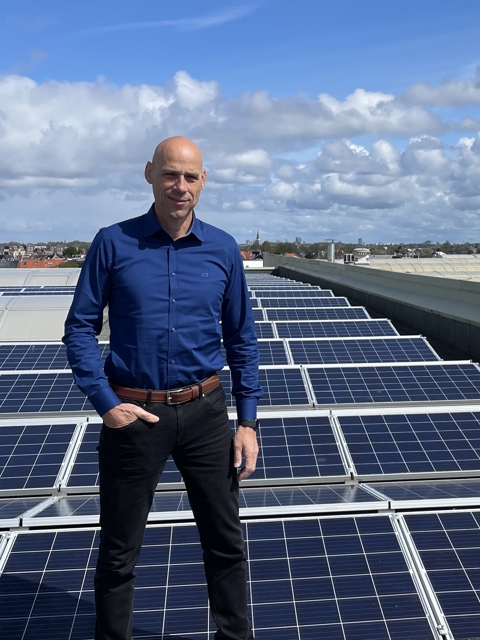For decades, we have provided reliable and proven mobile cultivation systems. Our systems are modular and easily scalable.
KUBO receives validation from the SBTi for its Greenhouse Gas (GHG) reduction targets
Strengthening sustainability ambitions
KUBO has received validation from the Science Based Targets initiative (SBTi) for its efforts to meet the goals of the Paris Climate Agreement. With this, KUBO is one of the first Dutch organizations in the sector to obtain this approval.
In March, KUBO underscored its sustainability ambition by announcing CO2 reduction targets (scope 1 and 2) and by measuring and reducing scope 3 emissions. The full dashboard can be accessed through the following link.
KUBO's new science-based targets are as follows:
- Reduction of absolute Scope 1 and 2 greenhouse gas emissions by 42% by 2030 compared to the base year 2022;
- Measuring and reducing the absolute Scope 3 greenhouse gas emissions from purchased and sold goods and services.
With these Greenhouse Gas (GHG) Emissions Reduction Targets, KUBO aligns with the ambitions set for its own activities, further refining and accelerating KUBO's vision for its sustainability strategy.
ESG Manager on the SBTi validation
Bart Bossink, ESG Manager at KUBO, says the following about the SBTi validation and its impact on KUBO's operations: "We are proud of the SBTi approval. This milestone confirms our ambition and our internal plans to be climate neutral well before 2050. We view our journey towards a sustainable future as a positive development for the planet, our employees, and as a significant contribution to food production and security. Moreover, we see this as fundamental to our role as a pioneer in the high-tech greenhouse construction sector. This approval encourages us to integrate innovation into all our activities and in our relationships with customers and suppliers."

Definitions
- Scope 1 emissions refer to direct emissions from buildings or assets owned or controlled by a company, such as emissions related to fuel consumption and refrigerants;
- Scope 2 emissions refer to emissions associated with the consumption of electricity, heat, or steam;
- Scope 3 emissions are indirect greenhouse gas emissions. They arise as a result of the activities of an entity but from sources not owned or controlled by that entity's operations. Examples include the extraction and production of purchased materials, the transportation of purchased fuels, and the use of sold products and services.
More information? Get in touch with Bart


